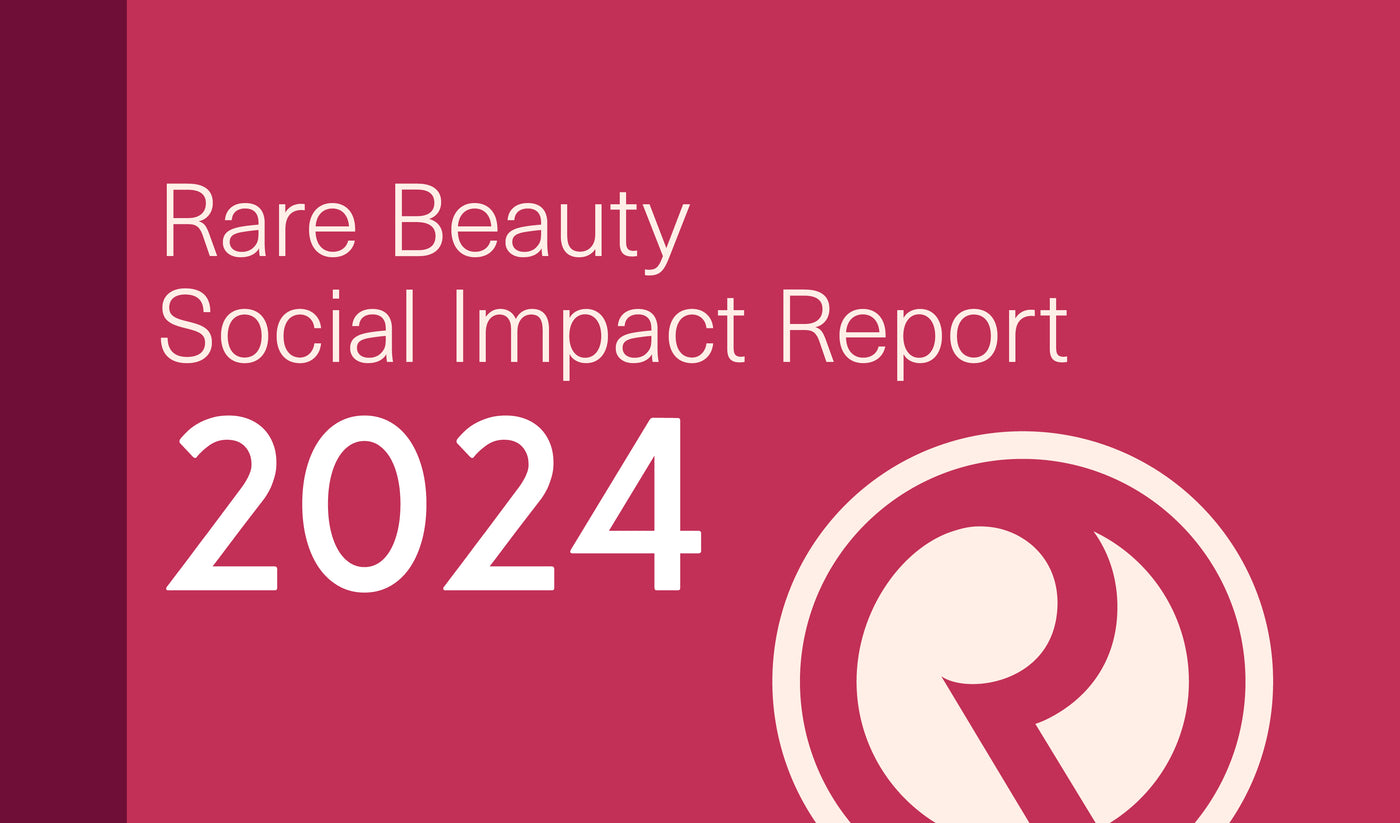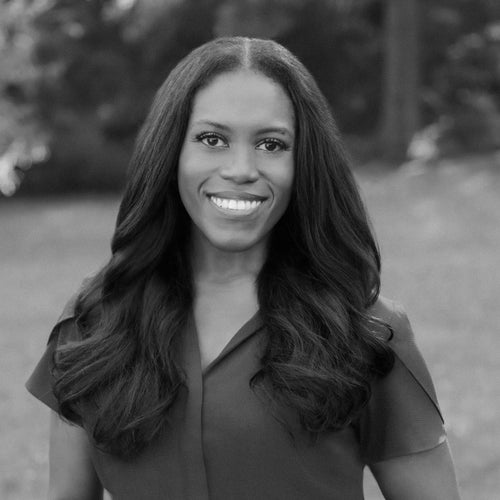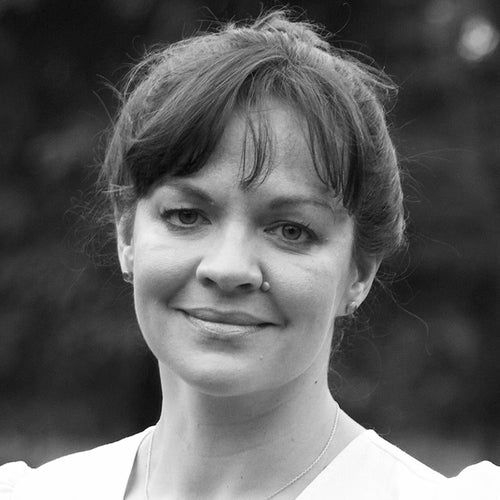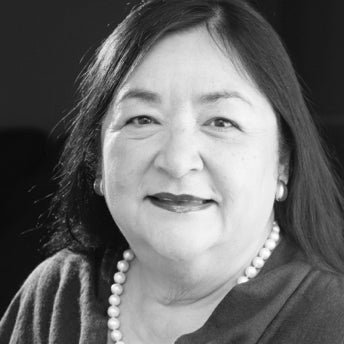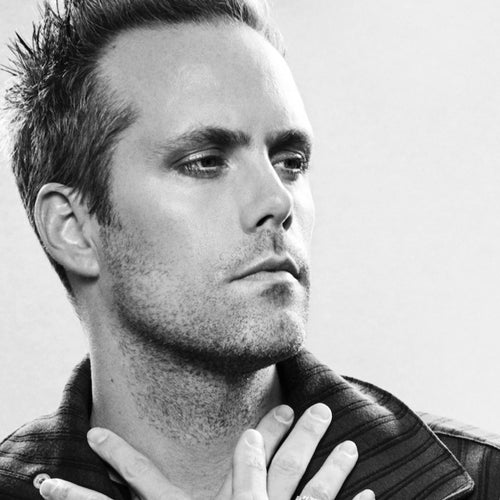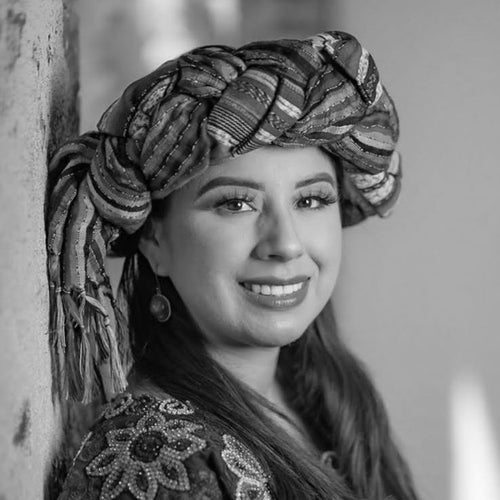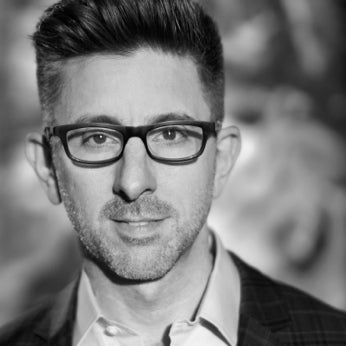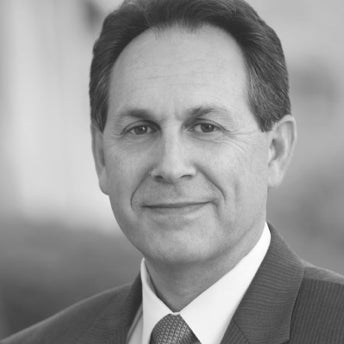With a focus on
Mental health and self-acceptance
Rare Impact aims to support the mental health of our community, employees, and partners everywhere. By celebrating everyone’s uniqueness and making people feel more connected, Rare Beauty works to reduce the stigma associated with mental health and give people access to the resources they need to support their mental well-being.


